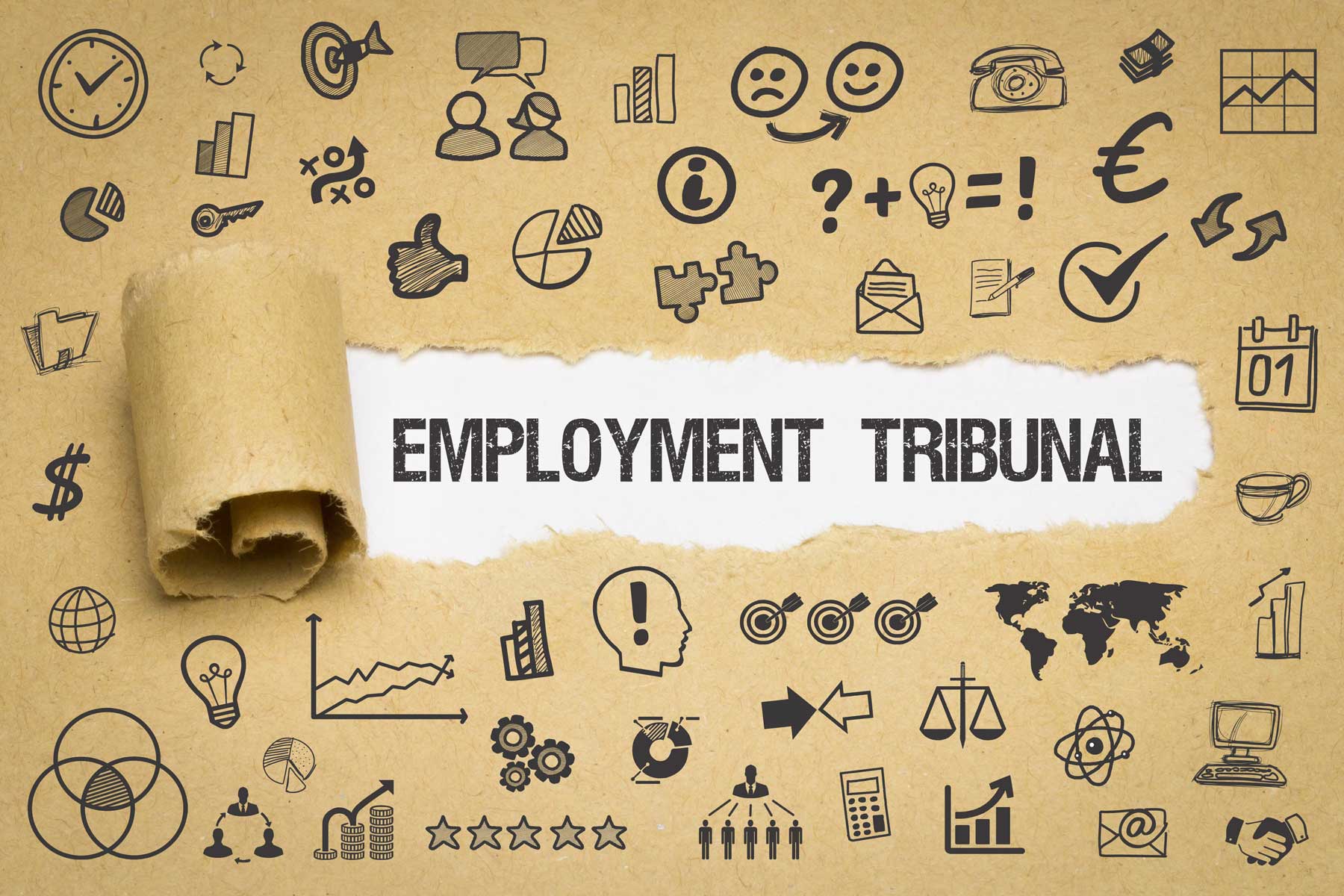Managing HR today is a challenge. Keeping up to date with new laws, initiatives, and the subtle art of people skills is tricky enough, but now with Covid-19, it’s become a minefield to manage your employees for the best possible outcomes.
Getting it wrong can be expensive.
While the average cost an employment tribunal is £8,500 the long-term damage can have an even more significant impact on your bottom line, reputation and the mental health of your other employees.
Knowing your rights and responsibilities and those of your employees is a critical step to mitigating the risk of an employee claim against you.
Let’s outline a few basics to refresh and update.
What’s the difference between unfair Dismissal and Constructive Dismissal?
Constructive Dismissal occurs in a situation where an employee resigns from their job (with or without notice) and can show that they were entitled to do so because of the employer’s conduct,
which must amount to a fundamental breach of contract. Examples could include:
- Not being paid on time.
- A demotion or change of role for no apparent reason.
- Unreasonable changes to how an employee works, without the appropriate consultation.
- Unfounded claims of poor performance.
- Forcing an employee to work in hazardous conditions, contravening health and safety regulations. This example is especially appropriate currently with Covid-19 changes and safe working practices.
- Bullying or harassment by colleagues.
Although the term is ‘dismissal’, no dismissal takes place.
Instead, the actions of the employer undermine the employment relationship to a point where the employee feels they have no alternative but to resign.
Unfair Dismissal is a statutory claim available to employees who believe they have been let-go unfairly or unreasonably. If the employer did not have an adequate reason for dismissing them or they did not follow the company’s formal disciplinary procedures, the dismissal is likely to be unfair, and the employee may be able to bring a case against them.
The Employment Act 1996 sets out five potentially fair reasons for dismissal:-
- The employee’s conduct.
- The employee’s capability or qualification to perform the job.
- Because of a redundancy.
- A statutory duty or restriction prohibiting employment.
- SOSR (some other substantial reason) under the terms of the contract or any work-related policy which justifies the dismissal.
To legally dismiss an employee, you must be confident one of the ‘fair reasons’ above has been established. In many cases, it may appear a clear cut decision, but it can often be more difficult if working relationships are strained or break down.
An excellent example of an unfair dismissal case is that of Mr J Horn v Grampian Health Board in 2018. Mr Horn, a senior care nurse, was found to be unfairly dismissed from his job with the NHS because of disability. The tribunal ruled that the Grampian Health Board unfairly dismissed Mr Horn on health grounds after he began a phased return to work following a long period of sick leave. Mr Horn had worked for the health board since 1995, and the employment tribunal found that his employers dealt with the issue in an insensitive and unreasonable manner. He was discriminated against on the grounds of his disability.
Source: gov.uk
Our advice:
Get the right advice the first time. Hiring an external HR specialist with knowledge of the law and the latest guidance can save you time and money every day. It may seem like an additional upfront expense that you can’t afford right now. Still, we have seen many employers get into difficulties and legal claims through misunderstandings and miscommunications, which could have been resolved from the outset.
If you think an HR specialist is expensive, consider how much a claim could cost you.
A phone call costs nothing, and we ‘re always happy to help.
Call us directly at SFB Consulting on 01279 874676
